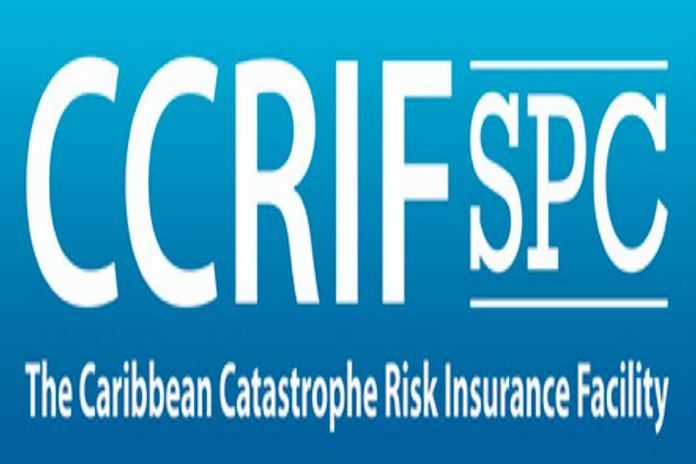GRAND CAYMAN, Cayman Islands – The Caribbean Catastrophe Risk Insurance Facility (CCRIF SPC), has welcomed Honduras as its fourth member from Central America. The government purchased parametric
insurance coverage for excess rainfall, effective from 1 June 2023. CCRIF Chief Executive Officer (CEO), Isaac Anthony in welcoming Honduras said:
“I am happy to welcome Honduras to CCRIF and look forward to continuing to engage with the government as it accesses CCRIF parametric insurance as an effective means of closing the protection gap and strengthening the country’s public financial management framework. Access to excess rainfall insurance will allow the government the
flexibility to begin recovery efforts immediately following a natural disaster as payouts received within 14 days of an event can be used to address the country’s most urgent needs, including helping vulnerable populations or rehabilitating critical infrastructure among other areas.”
The Ministry of Finance of the Republic of Honduras (SEFIN) issued the following statement:
The government plan of president Xiomara Castro underscores the urgency of enacting public policies focused on disaster protection, prevention, and planning. Such policies are designed to ensure the resilience of our population, as well as bolster the infrastructure and resources to confront the growing severity and frequency of natural hazard events. Through the recently signed ‘agreement with CCRIF, our goal is to continue strengthening Honduras’ public finances and its capacity to respond to and recover from disasters, without forgetting the enhancement of institutional capacity to effectively manage a resilient and inclusive recovery and reconstruction process.
Honduras’ entry and participation in CCRIF was supported by the Central America and Caribbean Catastrophe Risk Insurance Program Multi-Donor Trust Fund (MDTF), administered by the World Bank. The MDTF offers benefits such as financing a country’s Participation Fee, which is a requirement for prospective members to join the Facility.
Nicaragua was the first Central American country to join the Facility when COSEFIN1 and CCRIF signed a memorandum of understanding in 2015 to enable COSEFIN members to gain access to CCRIF’s parametric insurance products. Panama joined in 2018 and Guatemala in 2019. Since 2015, CCRIF has made eight payouts to these three countries, totalling US$47.5 million.
Since the inception of CCRIF in 2007, the Facility has made 60 payouts totalling US$261.8 million to 16 of its member governments. CCRIF membership now stands at 26: 19 Caribbean governments, four Central American governments, and three Caribbean electric utility companies. GRENLEC, Grenada’s electric utility, also joined CCRIF in 2023. Currently, CCRIF offers parametric insurance policies for tropical cyclones, excess rainfall, and earthquakes and for the fisheries and electric utilities sectors (the latter being for financially protecting transmission and distribution systems of electric utilities against wind perils associated with tropical cyclones). CCRIF is currently developing new models and products for new perils such as rainfall runoff/flooding and drought as well as other sectors
such as water utilities and agriculture.
In the last four years, CCRIF’s members have been routinely ceding over US$1 billion in insurance coverage to CCRIF. They recognize that the frequency and intensity of natural hazards are increasing, and although mortality resulting from disasters seems to be decreasing, economic costs are rising precipitously.
CCRIF continues to actively engage with current and prospective members in the Caribbean and Central America to increase their understanding about CCRIF and its parametric insurance policies and the role that parametric insurance can play in countries’ pursuit of financial protection as part of their overall fiscal policy framework. Earlier this year in March, CCRIF hosted meetings with all seven COSEFIN member countries on the margins of a Technical Workshop held on parametric insurance and ahead of the Facility’s policy meetings. The contingent from Honduras was among the 90 persons from Central America and the Dominican Republic, who participated in the workshop.





